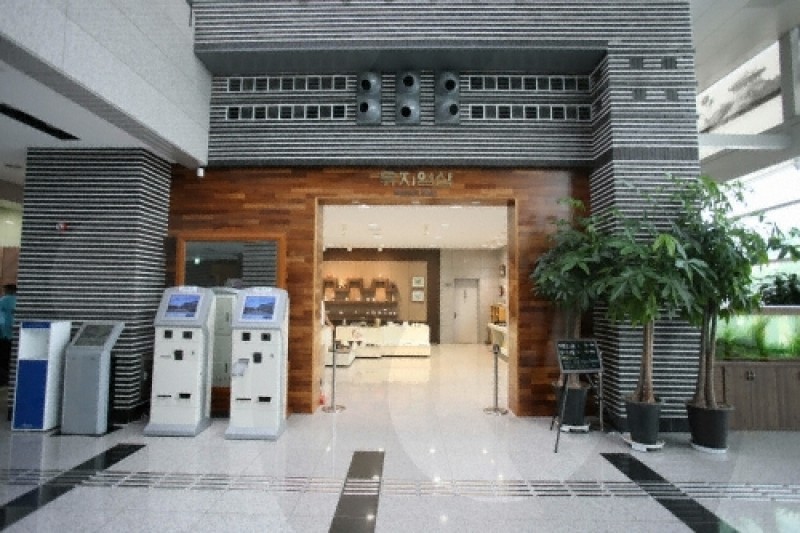Suwon's Historic Sites And Their Significance
Share
Suwon, a vibrant city located just south of Seoul, is rich in history and culture. Known for its well-preserved historic sites, Suwon offers visitors a glimpse into Korea's past while showcasing its unique architectural styles and traditions. This article will take you through the key attractions in Suwon, their historical significance, and the best times to visit this fascinating city.

1. Hwaseong Fortress: A UNESCO World Heritage Site
One of Suwon's most iconic landmarks is Hwaseong Fortress, a UNESCO World Heritage Site. Built between 1794 and 1796 during the reign of King Jeongjo, the fortress was constructed to protect the city and serve as a symbol of the king's filial piety towards his father, who was buried nearby.
Historical Significance
Hwaseong Fortress is notable for its unique blend of Eastern and Western architectural techniques. The fortress walls stretch over 5.7 kilometers and include various gates, watchtowers, and a command post. The design reflects the military strategies of the time and showcases the advanced engineering skills of the era.
Key Attractions Within the Fortress
- Suwoncheon Stream: The stream runs alongside the fortress, providing a picturesque setting for a leisurely walk.
- Paldalmun Gate: This is the main gate of the fortress and a great spot for photographs.
- Seojangdae: A command post that offers stunning views of the surrounding area.
2. Suwon Hwaseong Museum
Located near Hwaseong Fortress, the Suwon Hwaseong Museum provides an in-depth look at the history and significance of the fortress. The museum features various exhibits, including artifacts, models, and multimedia presentations that narrate the story of Hwaseong's construction and its role in Korean history.
What to Expect
Visitors can explore interactive displays that highlight the architectural techniques used in the fortress's construction. The museum also offers guided tours, making it an excellent stop for history enthusiasts.
3. The Korean Folk Village
Just a short distance from Suwon, the Korean Folk Village is a living museum that showcases traditional Korean life. The village features restored houses, workshops, and performances that depict the customs and culture of Korea's past.
Experience Traditional Culture
Visitors can participate in various activities, such as traditional crafts, folk games, and even cooking classes. The village also hosts seasonal festivals that celebrate Korean traditions, making it a lively place to visit year-round.
4. Suwon's Traditional Markets
Suwon is home to several traditional markets, where visitors can immerse themselves in local culture and cuisine. The markets offer a variety of goods, from fresh produce to handmade crafts.
Must-Visit Markets
- Suwon Market: A bustling market where you can find local delicacies, including Suwon's famous galbi (grilled ribs).
- Namsu-dong Market: Known for its vibrant atmosphere and diverse food stalls, this market is perfect for food lovers.
5. Best Time to Visit Suwon
The ideal time to visit Suwon is during the spring (April to June) and autumn (September to November) months. During these seasons, the weather is mild, and the scenery is breathtaking, with cherry blossoms in spring and vibrant foliage in autumn.
Weather Information
- Spring: Average temperatures range from 10°C to 20°C (50°F to 68°F).
- Autumn: Average temperatures range from 10°C to 18°C (50°F to 64°F).
6. Getting to Suwon
Suwon is easily accessible from Seoul, making it a convenient day trip or weekend getaway. The city is well-connected by public transportation, including the subway and buses.
Transportation Options
- Subway: Take Line 1 to Suwon Station.
- Bus: Various buses run from Seoul to Suwon, providing a comfortable travel option.
7. Accommodation in Suwon
When planning your visit, consider booking a hotel in Suwon for easy access to the city's attractions. Here are some options:
- Hotel Ibis Suwon: A modern hotel with comfortable amenities, located near the city center.
- Novotel Ambassador Suwon: A luxurious option with excellent facilities and close proximity to major attractions.
For hotel bookings, check out Hotels & Flights.
8. Conclusion
Suwon's historic sites are not just remnants of the past; they are vibrant parts of the city's identity that continue to shape its culture today. From the majestic Hwaseong Fortress to the lively markets and traditional villages, Suwon offers a unique blend of history and modernity. Whether you are a history buff, a foodie, or simply looking to experience Korean culture, Suwon is a destination that promises to leave a lasting impression.
As you plan your visit, don’t forget to check for flights and transfers to make your journey smooth. For flight bookings, visit Flights and for transfers, check Transfers. Enjoy your trip to Suwon, where history comes alive!




